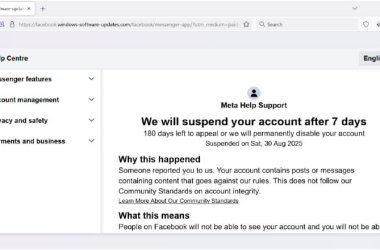 Employment relations body ACAS has published an employers’ guide on the use of social networks in the workplace, to help them avoid disputes.
Employment relations body ACAS has published an employers’ guide on the use of social networks in the workplace, to help them avoid disputes.
ACAS estimates that almost six out of ten staff (55%) now use social network like Facebook and Twitter at work, either on computers or mobile phones.
But it said some employers complain that “many staff are abusing access” by looking at personal web pages instead of working, posting derogatory comments about managers and colleagues, or buying and selling online.
ACAS says some employers like BT and HMRC have already issued their own social media policies, but that fewer than one in ten employers have such a policy.
ACAS main recommendation is that an employer should consult with staff and trade unions to spell out the “dos and don’ts” of using the internet and social media, and that they should also make clear the consequences of breaching a social media policy, which should become part of contracts of employment.
It says that when working out a policy, an employer, its staff and unions should agree to it, so employees do not feel gagged, staff and managers feel protected against online bullying, and the firm feels confident its reputation will be guarded.
ACAS chief executive John Taylor said, “Online conduct should not differ from offline conduct. Employees should assume that everything they say on the internet could be made public, and should think whether they want their colleagues or boss to read it. They might not mean it, but what they post could end up being seen by billions of people worldwide.”
According to Palo Alto Networks’ May 2011 Application Usage and Risk Report, Facebook and Twitter are in use at 96% of organisations.
Panda Software’s Social Media Risk Index says one third of small to midsize businesses have succumbed to malware infections distributed via social networks, while nearly one out of four organisations lost sensitive data when employees spilled the beans online.
Sam Kinstrey, managing director at 2e2 Training, said there was “a clear need for social media policies and training” in many workplaces.
Social media use by an employee to help them in their professional lives can “bring huge benefits to an organisation”, he said, adding: “We need to remember that working practices have changed. An employee might look at Facebook during the day but at the same time, they might be looking at their work emails in the evening.”





